APPC researchers will present work in science, media, political, and health communication in Washington, D.C., at the 69th Annual ICA Conference.
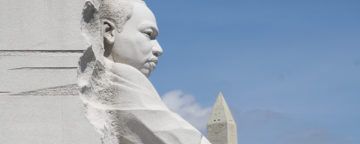
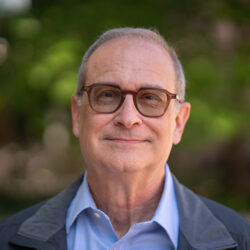
Michael Rozansky has worked as an editor, writer and reporter for 30 years. Before joining the Annenberg Public Policy Center as director of communications, he spent more than 20 years at the Philadelphia Inquirer, most recently supervising its arts and entertainment coverage. He has reported on the arts, media, business, politics, national and regulatory issues. Rozansky also developed and taught a class at Temple University on the history and practice of celebrity journalism. He received a bachelor’s degree in English and American literature from Brown University and a master’s degree in journalism from Columbia University’s Graduate School of Journalism.

APPC researchers will present work in science, media, political, and health communication in Washington, D.C., at the 69th Annual ICA Conference.

The news literacy game NewsFeed Defenders, developed by APPC and iCivics, has been named a finalist in Fast Company's 2019 World Changing Ideas Awards.
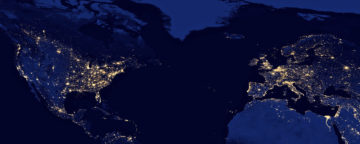
The new Transatlantic Working Group aims to address harmful content online -- hate speech, violent extremism, and viral deception -- while protecting freedom of speech and preserving a vibrant global internet.
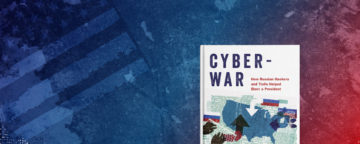
Kathleen Hall Jamieson’s book “Cyberwar: How Russian Hackers and Trolls Helped Elect a President,” published by Oxford University Press, won the R.R. Hawkins Award from the Association of American Publishers.
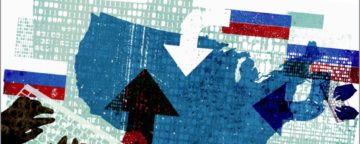
Kathleen Hall Jamieson's book "Cyberwar" published by Oxford University Press, won a 2019 PROSE Award from the Association of American Publishers.

For the fourth consecutive year, Donald Trump is the undisputed champ in FactCheck.org's annual list of "whoppers." Here are 10 of them, plus some of the year's worst viral deceptions.
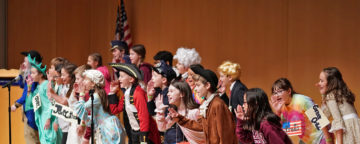
For this year's Citizenship Challenge essay competition, the Rendell Center for Civics and Civic Education asked 4th and 5th grade students in Philadelphia why the First Amendment was important to them
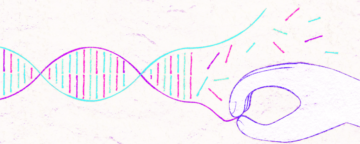
The Annenberg Public Policy Center has released two Science Media Monitor reports on how the media cover ethical questions on gene editing, and scientific retractions.
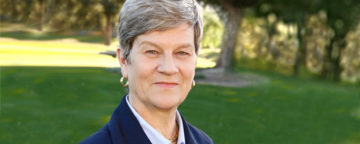
Kathleen Hall Jamieson spoke to the BBC about why she dislikes the term "fake news" and prefers to call it "viral deception," or V.D.
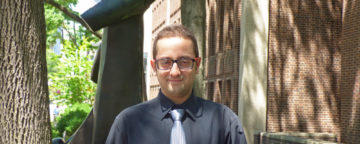
APPC postdoc Ozan Kuru is part of a team that has been awarded a research grant by WhatsApp to study the spread of misinformation over the messaging app.